Regional Identities in Southeast Asia: Contemporary Challenges, Historical Fractures
by SEATIDE-CRISEA-Silkworm Books seriesEdited by Jayeel Cornelio and Volker Grabowsky
Southeast Asia, as a regional configuration of nation-states called ASEAN, is a community of multiple identities. Over time, its citizens’ loyalties were formed around national and transnational frameworks involving ethnic, religious, and ideological affinities. In the post-independence period, they were impacted by the processes of decolonization, nation-building, the Cold War, globalization, and the rise of China. As a result, Southeast Asia is emerging as a confluence of competing and overlapping identities.
Thus, in recent years, ASEAN has noticed the appearance of new collective imaginations about the region’s future, committing its member states to directions beyond the politico-economic realm. Yet there is a risk that more exclusive visions among its people, whether national, religious, ethnic, or other allegiances, will hold sway.
This book unpacks these competing identities. Rich in ethnographic and historical material, its chapters examine identities shaped by generational markers, transnational linkages, and shared experiences of violence. Collectively, they point to the region’s historical fractures and contemporary challenges.
About the Editors
Jayeel Cornelio is Associate Professor of Development Studies and Associate Dean for Research and Creative Work at Ateneo de Manila University.
Volker Grabowsky is a Professor of Thai Studies at the Asia-Africa Institute, University of Hamburg.
SEATIDE–CRISEA–SILKWORM BOOKS SERIES
Series editors: Yves Goudineau, Andrew Hardy, Jacques Leider, Chayan Vaddhanaphuti
This study was written for the École française d’Extrême-Orient (EFEO) in the framework of the project “Competing Regional Integrations in Southeast Asia” (CRISEA, 2017–2021) funded by the European Commission. CRISEA was a successor project to the project “Integration in Southeast Asia: Trajectories of Inclusion, Dynamics of Exclusion” (SEATIDE, 2012–2016), also funded by the European Commission.
The research leading to these results as well as their publication have received funding from the European Commission’s Horizon 2020 Framework Programme under Grant Agreement N°770562.
CRISEA partners
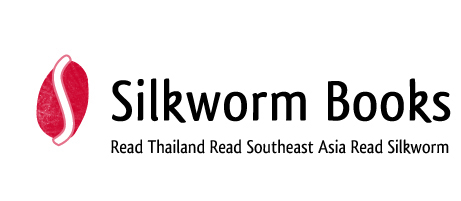
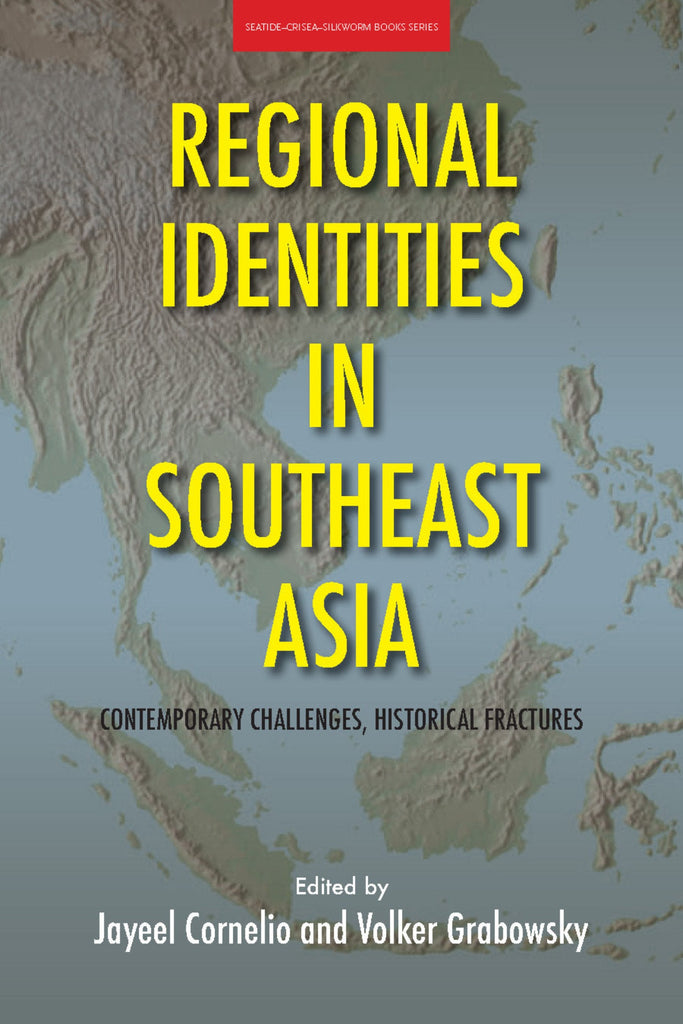






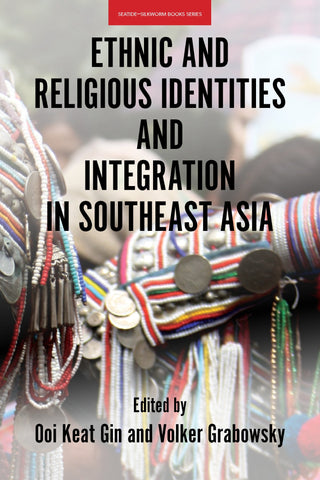
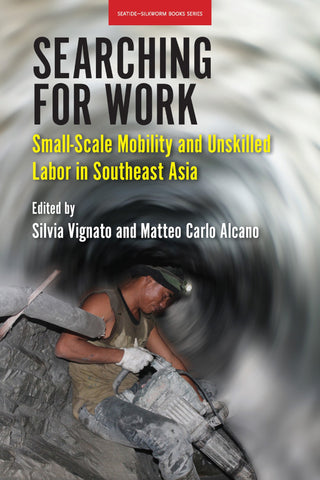
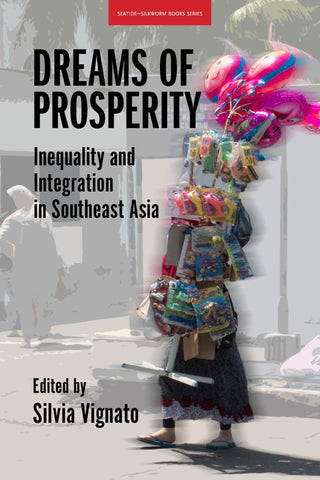
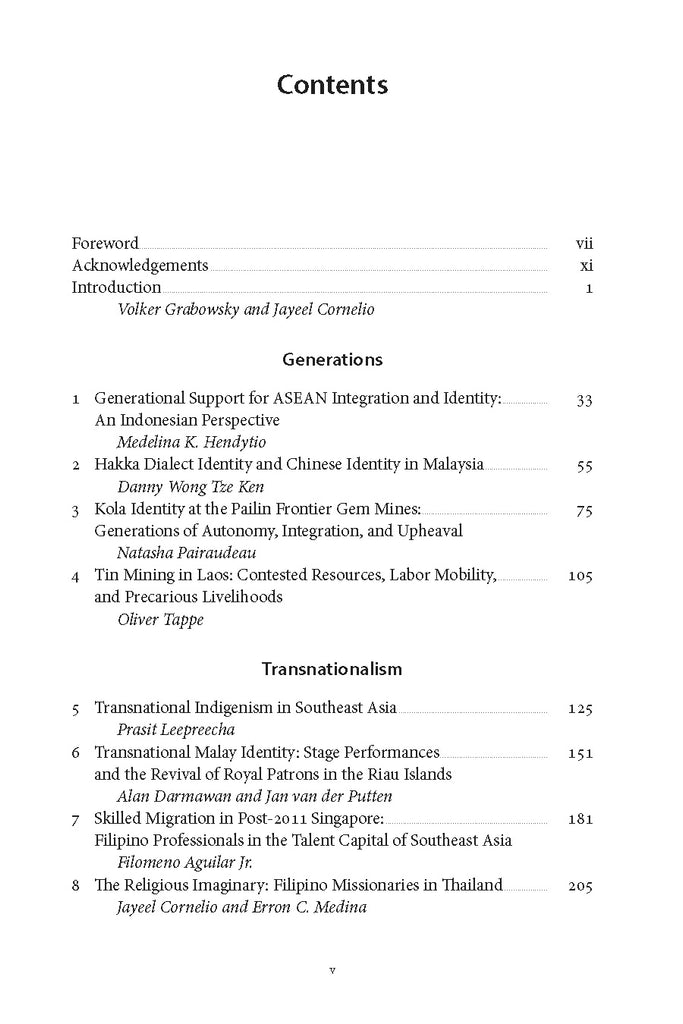
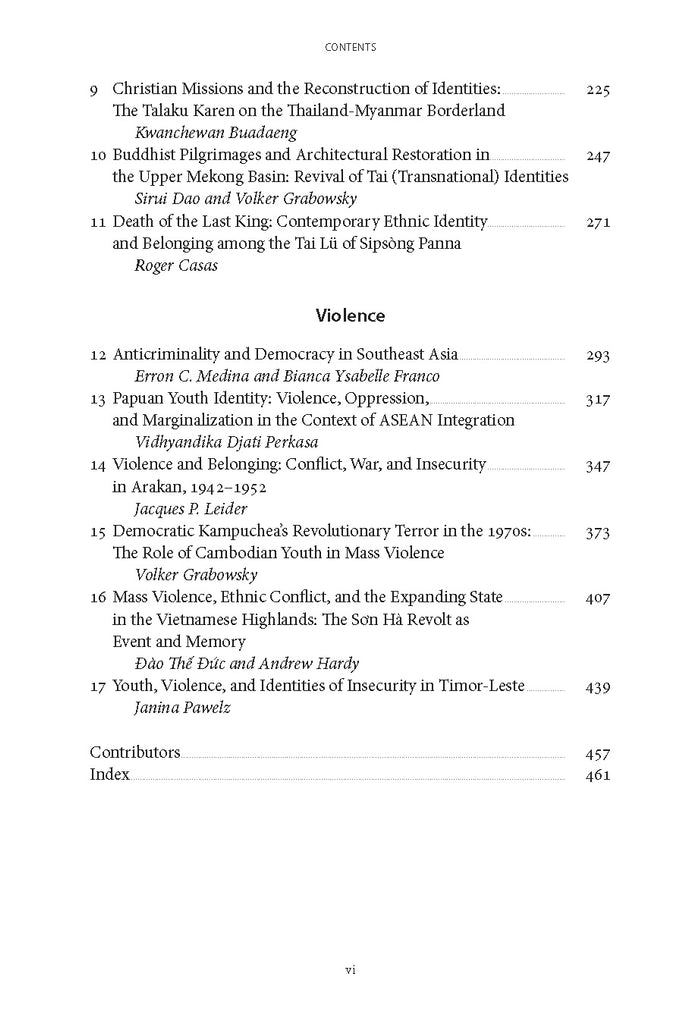
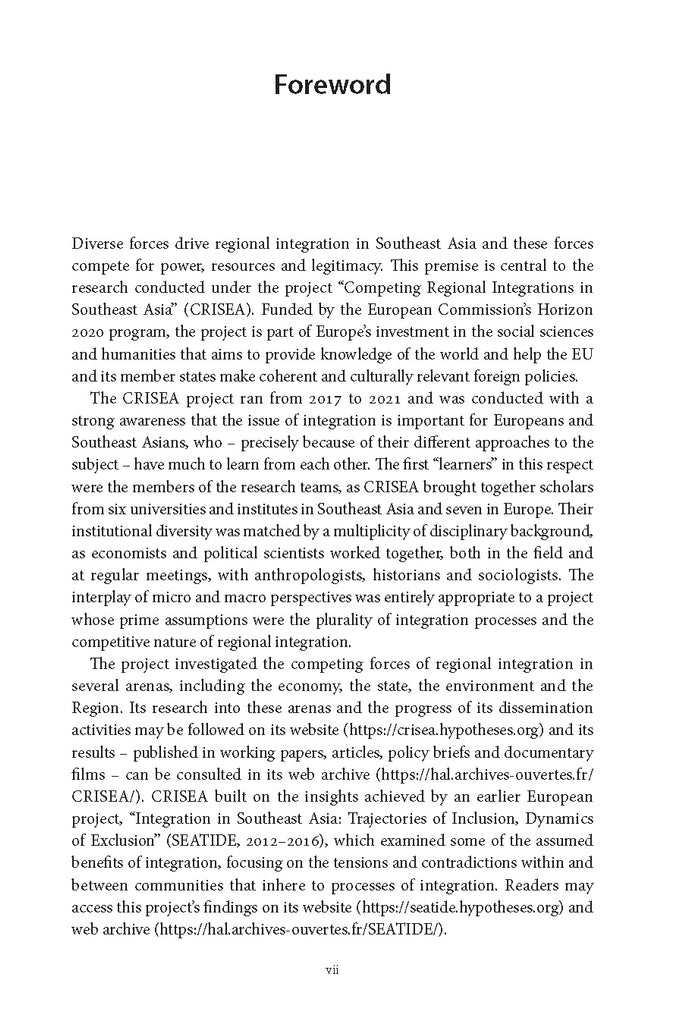
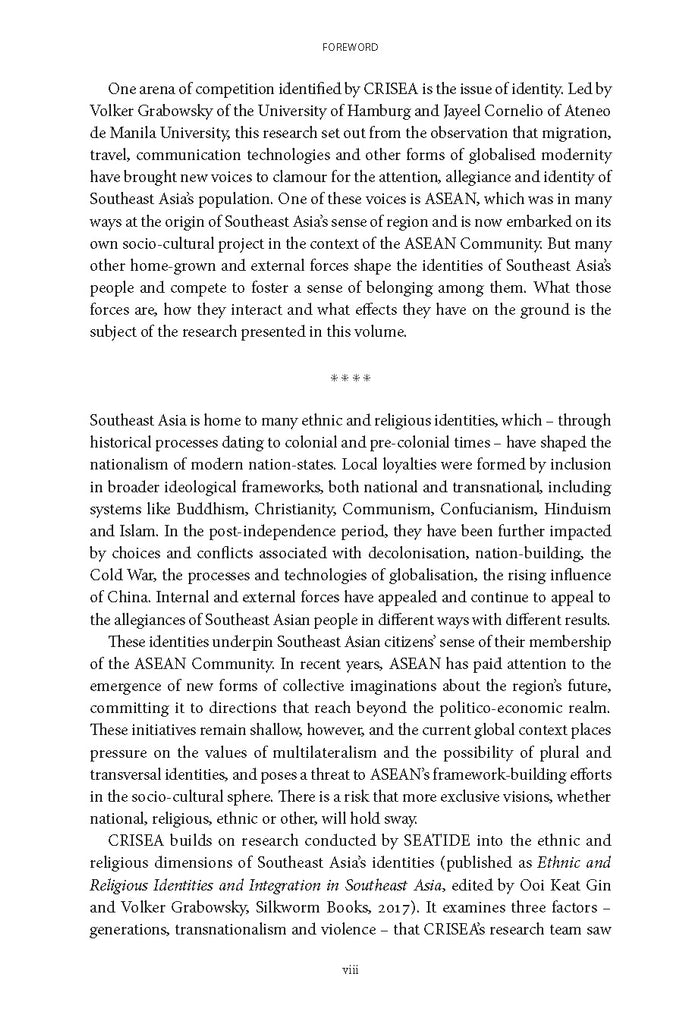
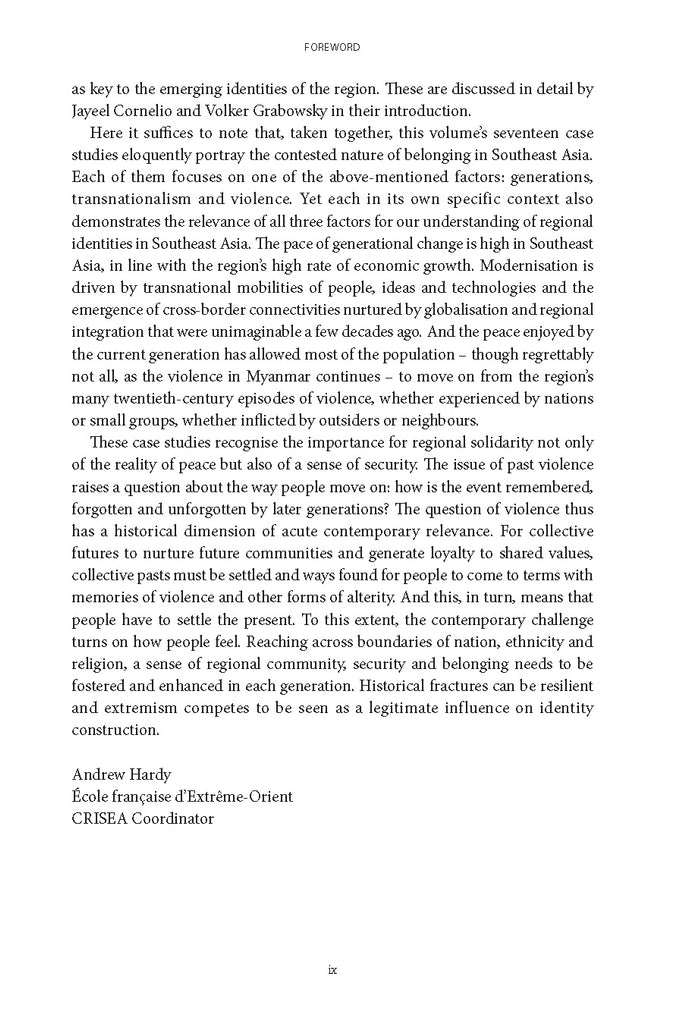
Share this item: